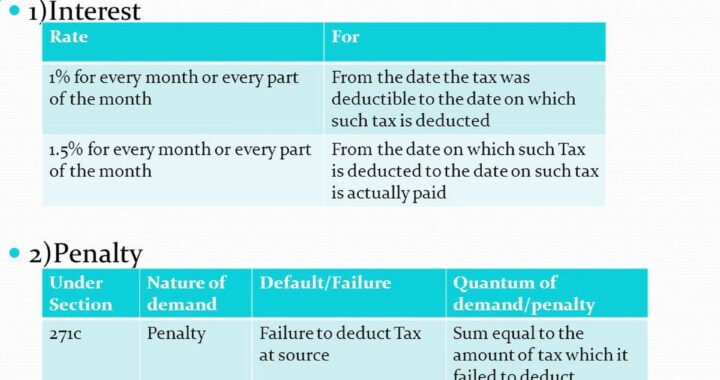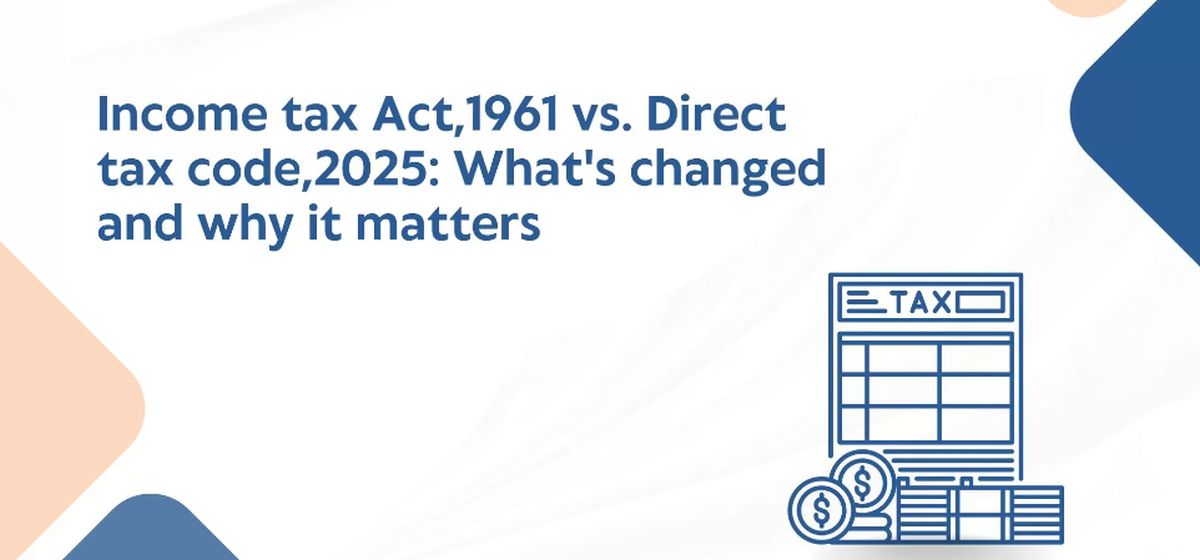When can the IT Department reopen an assessment?
 Section 147 of the Income Tax Act lays down the guidelines regarding the procedure for reopening of assessments. In many cases relating to assessments, it is noticed that assessment consumes considerable time. Often additions are made without proper scrutiny. To expedite the procedure and to complete the assessment proceedings before it becomes time barred, some rules of general implication are followed by the department. Similar is the case regarding re-assessment of a concluded assessment.
Section 147 of the Income Tax Act lays down the guidelines regarding the procedure for reopening of assessments. In many cases relating to assessments, it is noticed that assessment consumes considerable time. Often additions are made without proper scrutiny. To expedite the procedure and to complete the assessment proceedings before it becomes time barred, some rules of general implication are followed by the department. Similar is the case regarding re-assessment of a concluded assessment.
An assessee whose assessment is being reopened is entitled to know the reasons for such reopening. Such situations can be managed by giving suitable directions.
Provisions of Section 147 and Section 148 of the Income Tax Act:
Section 147 and 148 of the Income Tax Act deal with the essential conditions for reopening an assessment.
The general notion is that if an assessment is completed, it is final. Section 147 gives powers to the Assessing Officers to reopen an assessment if the following conditions are satisfied which are as follows:
1. The Assessing Officer should record the reasons for reopening an assessment under section 147 of the Act. On the basis of such recorded reasons the validity of the order of reopening should be decided. The reasons should be connected with the belief;
2. The AO should have the reason to believe that any income that is chargeable to tax has escaped assessment;
3. Action should be initiated under section 147 before the expiry of four years from the end of the assessment year unless there are some exceptional grounds;
4. The AO can reopen an assessment if an income chargeable to tax has escaped assessment as the assessee has failed or neglected to disclose all materials necessary for his assessment;
5. A notice under section 148 of the Act, 1961 should be issued.
The Supreme Court in GKN Drive shafts (India) Ltd. vs. D.C.I.T. (2003) 259 ITR 19 (SC) has laid down the procedure to raise objection against the reassessment proceedings by an assessee. When a notice under section 148 is issued, the assessee should file the return and ask for the reasons for issuing such a notice. The AO is liable to state the reasons within due time. Upon receiving the reasons, the assessee can file his objections against the same and the AO is bound to dispose the same.
Consequences if the requisite conditions are not fulfilled:
Non-fulfillment of the conditions for reopening of assessments makes the initiation void ab-initio. In other words, such order is invalid in the eye of law.
The High Court has jurisdiction to issue an order prohibiting the AO from proceeding to reopen an assessment of income if the essentials conditions do not exist.
The Bombay High Court in IOT Infrastructure and Eng. Services Ltd. vs. ACIT (2010) 329 ITR 547 (Bom) has held that reassessment by an AO without disposing of the objections of the assessee against the issue of notice for reassessment should be set aside.
Communication of reasons to the assesee is mandatory:
To pass an order under section 147 of the Act, recording of reasons as per 148 and communication of the same to the assessee is mandatory. This has been held in the case of Gujarat Fluorochemicals Ltd vs. DCIT (2008) 15 DTR (Guj) 1.
If the reasons for reassessment are not furnished to the assessee before reassessment, such reassessment shall not be valid.
Invalid notice under section 148 should be quashed:
It has been held by the Gujarat High Court that if a notice under section 148 is invalid, it should be set aside and such assessment is bad in law.

 Reporting of Foreign Assets by Indian Taxpayers under Section 139(1) of the Income Tax Act
Reporting of Foreign Assets by Indian Taxpayers under Section 139(1) of the Income Tax Act  Can an assessee pay House Rent to his parents and claim relief? Would there be any legal complications?
Can an assessee pay House Rent to his parents and claim relief? Would there be any legal complications?  Boost Your Business & Reduce Taxes: A Guide to Maximizing Benefits Under Section 80JJAA
Boost Your Business & Reduce Taxes: A Guide to Maximizing Benefits Under Section 80JJAA  What is remedy to taxpayer if the Tax deductor fails to deposit the TDS or fails to file TDS Return
What is remedy to taxpayer if the Tax deductor fails to deposit the TDS or fails to file TDS Return  What is Income Tax Liability on Income from trading in Future and Options
What is Income Tax Liability on Income from trading in Future and Options  The Importance of Filing Your Income Tax Return on Time: A Financial Must-Do
The Importance of Filing Your Income Tax Return on Time: A Financial Must-Do  Major Changes Expected in Direct Tax Code 2025 and why these matter
Major Changes Expected in Direct Tax Code 2025 and why these matter